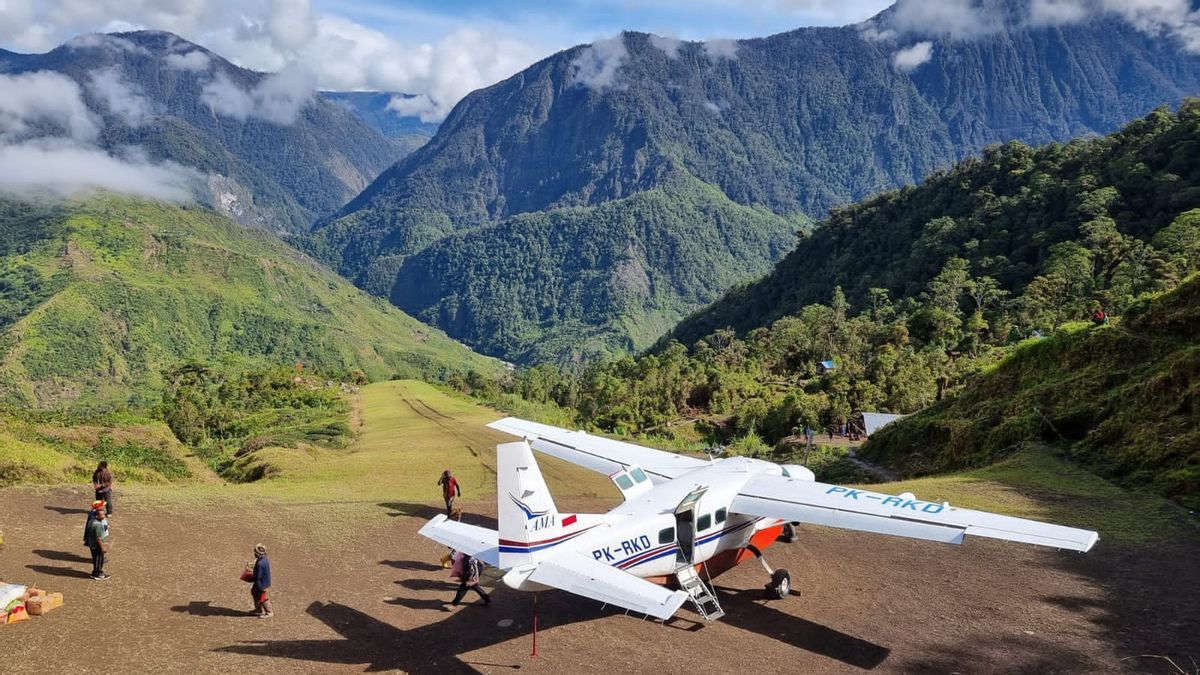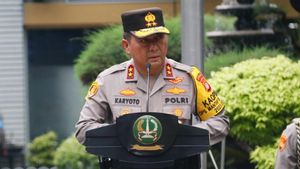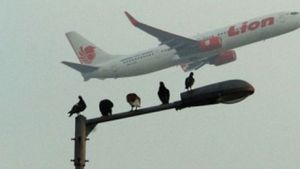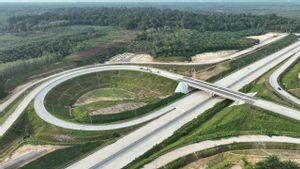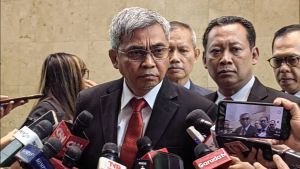JAKARTA - Deputy Chairman of Commission V of the Indonesian House of Representatives, Syaiful Huda, highlighted the various tough challenges of the Indonesian aviation industry in 2025. According to him, it is necessary for the government to take sides so that the aviation industry becomes the backbone of national connectivity.
Especially, said Huda, providing customs and taxes for pioneering flight transportation in various corners of the country.
"The government must continue to coordinate with national airlines to ensure safety management is actually implemented. This is to minimize the potential for air accidents that trigger many victims," said Huda, Thursday, January 2.
In addition, Huda said, there needs to be a serious study to prioritize air transportation in order to facilitate Indonesia's connectivity as an archipelagic country.
"The only way that it can be realized is to create an affordable and quality aviation industry ecosystem for the wider community. And now we haven't reached that point," said Huda.
For information, from the results of a study by the Indonesia National Air Carrier Association (INACA), Indonesia's aviation industry in 2025 still faces various tough challenges. Among them, it is still high flight costs due to the increase in American dollar exchange rates, the high price of aviation fuel and aircraft parts and still not revised the upper and lower tariff limit rules for aircraft tickets.
Then, import duties for aircraft parts imports are still relatively high, there is an aircraft backlog and spare parts and a decrease in people's purchasing power.
Huda said INACA's study was a fact that was daily faced by various airlines in the country. This situation, he said, has made the aviation ecosystem in Indonesia not yet a friendly industry for investors.
"This condition ultimately has an impact on the unselected flight services as the main option for inter-city transportation and between islands in Indonesia by the community," he said.
SEE ALSO:
In fact, from various studies, he continued, a strong aviation ecosystem will accelerate the rate of economic growth in line with the cut in individual movement times and delivery of goods to various parts of Indonesia.
Currently, Huda explained, the contribution of the national aviation industry and related sectors such as tourism and trade to Indonesia's gross domestic product (GDP) is quite high.
"In 2023, for example, it will reach USD 62.6 billion or IDR 1,001.6 trillion (exchange rate of IDR 16,000), equivalent to 4.6 percent of Indonesia's Gross Domestic Product (GDP). This sector also absorbs at least 6 million workers," he said.
The English, Chinese, Japanese, Arabic, and French versions are automatically generated by the AI. So there may still be inaccuracies in translating, please always see Indonesian as our main language. (system supported by DigitalSiber.id)
